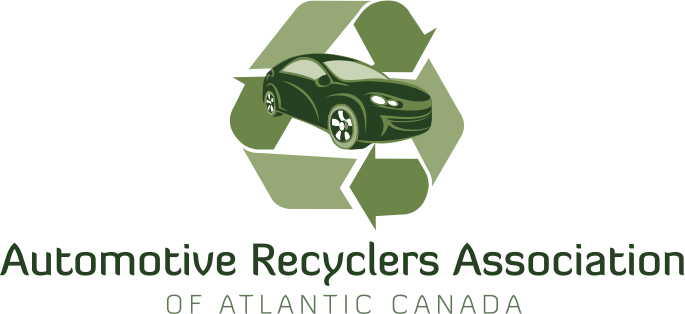It’s probably fair to say that insurance companies want to avoid unnecessary liability when it comes to car repairs. As Joe Carvalho, Manager, National Auto Appraisal, Claims for Economical Insurance wrote in the January 2013 issue of Collision Repair magazine, “Our goal is, and has always been, to have the vehicle returned to pre-loss condition. We would never place our clients at risk.”
In general, most insurers would probably agree that their firms are relatively cautious. A reckless insurance company is almost a contradiction in terms. Their business model is predicated on understanding risk to the last decimal point. An insurance company that lacks in this area isn’t going to stay in business long.
Given the risk-averse nature of insurers, wouldn’t they strive to avoid using any parts that could increase potential liability?
Reprinted from Canadian Auto Recycler Magazine Issue #8. By Mike Davey
“There are various benefits to be realized when utilizing quality OE recycled parts,” says Vic Pasnyk, National Claims Vendor Manager for Allstate Canada. “These benefits include potential for improved repair cycle time, cost containment, and the opportunity to repair more vehicles. Another significant benefit is that the use of OE recycled parts is the environmentally and morally responsible approach to repairing vehicles.
“Notwithstanding these benefits, there can be no question that applying OE recycled parts must never compromise our obligation to compensate the customer based on a safe and quality repair. To this end everyone in the repair process must have a quality assurance protocol. This process starts from the beginning of the supply chain to the final assembly of the finished product. The recycler, for example, is accountable to ensure the part is not only of OE origin but that it is from the same model year or better. The repairer will also have a control process to ensure that these parts meet or exceed the needed standard and are installed in accordance with industry accepted standards.
“At Allstate we have strict guidelines that prohibit certain parts from being replaced with OE recycled parts. Some of these exceptions include all components of passenger restraint and airbag systems and on mechanical suspension/steering parts, those items subject to wear and tear such as a wheel bearing will need to be replaced with a new part. These and other standards ensure that at all times we are prescribing a safe and quality part for our customer.
John Bordignon is the Media Relations Spokesperson for State Farm. In his private life, he’s also a “car guy,” having a lifelong appreciation of vehicles and regular appearances on car-oriented TV and radio programs as both a host and guest.
“The safety of our customers is always of the utmost concern, and this includes the process by which their vehicles are repaired. Our promise to them includes a commitment to their satisfaction regarding new non-original equipment manufacturer and recycled parts used in repairs,” he says. “When estimates and repairs are prepared and made by a quality facility or one of our Select Service shops, we are extremely confident our customers will be satisfied with the safety, fit, corrosion resistance qualities and performance of those recycled parts for as long as they own their vehicle.”
The post Insurer recommendations for recycled parts are about more than just cost containment appeared first on Automotive Recyclers of Canada.
